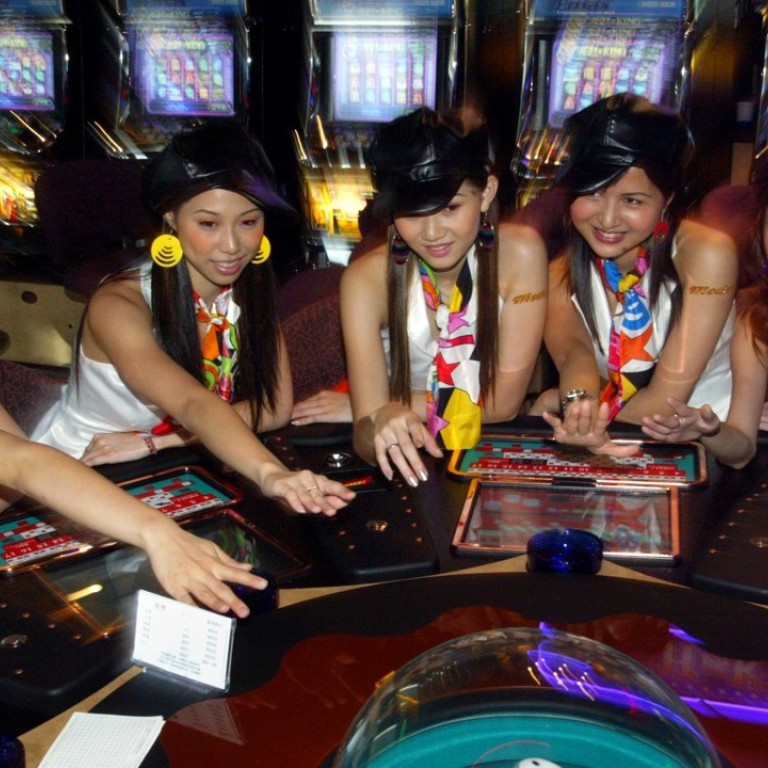
Here’s why Hong Kong’s new start-up board is like a casino in the Wild East
The decision by the HKEX to hold a reform consultation at the height of the worst stock market regulation crisis in Hong Kong since the exchange was suspended during the 1987 crash may be remembered as an act of spectacular folly.
A mysterious stock price crash last Tuesday and Wednesday erased US$6 billion in capitalisation with the hardest hit stock down 94 per cent. A total of 13 stocks closed at least 50 per cent lower on Tuesday with that amount of value lost in less than an hour. The collapse happened so fast that Muddy Waters research didn’t even have time to issue a damning research report and file its short position.
The Securities andFutures Commission (SFC) said the stocks involved were all characterised by “thin turnover, small public floats, high shareholding concentrations, and multiple relationships between different companies and brokerage firms”. However, many of the tech and new economy listings HKEX is trying to attract feature all of these challenging issues.
Twelve of the 13 companies were highlighted in May by independent Hong Kong analyst and shareholder activist David Webb, who identified them as part of a 50 stock “Enigma” web of companies that maintained cross holdings among each other.
The falls come just after HKEX proposed changes to the city’s small-cap Growth Enterprise Market (GEM) to combat “shell farming”, where companies are listed with the expectation they will eventually be taken over and become a vehicle for another company to reverse assets into. This avoids the scrutiny of formally applying for a listing.
This wave of speculation once again highlights the regulatory shortcomings and lack of coordination between the SFC and HKEX.
The challenge is made more hazardous in that both of them regulate a developed market that is dominated by cash rich, emerging mainland Chinese companies and their financial advisrs, some of whom brazenly pervert the legal concept of stock into ammunition for “pumping and dumping” shells.
Use of shell companies can also be a predicate to money laundering and fraud. A CEO who sold his listed family company to mainland Chinese buyers said the scariest part was that post-acquisition, he regularly had to sign cheques for hundreds of millions of dollars that passed through from mainland Chinese entities without adequate explanation.
Proposing new boards and regulatory changes won’t solve some fundamental problems. In terms of generating more business for HKEX, the new board will attempt to attract tech firms and start-ups in a way that the GEM was originally intended for, when it launched in 1999.
Currently, only 18 per cent of the business of GEM firms are related to information technology; 29 per cent operate in the consumer and services sector; and 26 per cent are construction companies.
HKEX has not explained how it will enforce one of its proposed rules to delist undesirable listings. Exactly how minority shareholders will be treated or bought out is important so that they are not left holding illiquid, delisted, but public stock.
The only practical way to discourage the trading of listed shells is to charge a listing fee that is so low that formal listings are cheaper than paying hundreds of millions of dollars in premium for them. One mercenary dealer in listed shells described the buyers’ mentality: “If mainlanders will pay a premium for a designer purse, they will pay a premium for a shell.”
Since 1997, Hong Kong was supposed to influence China, but perhaps not in the stock markets. Increasing integration with China may spawn a Wild East atmosphere to HKEX. Some fund managers have already complained that the exchange has become a casino manipulated by mainland Chinese cowboys.
Peter Guy is a financial writer and former international banker.

